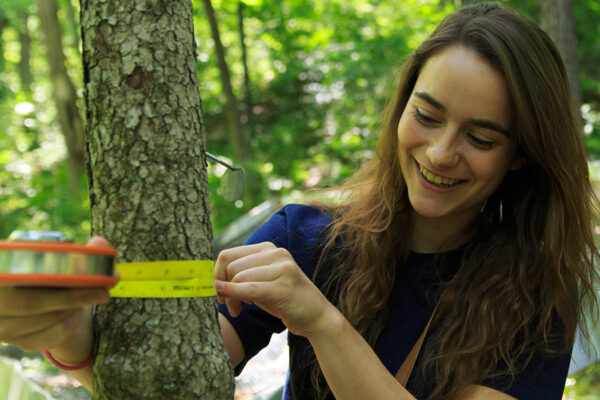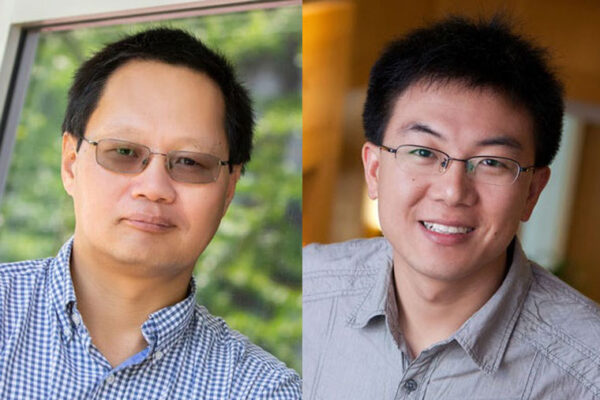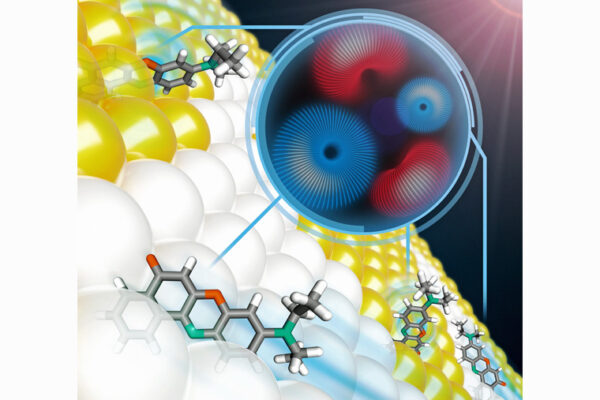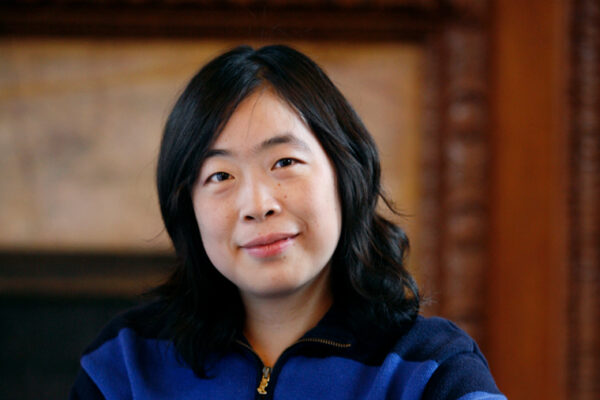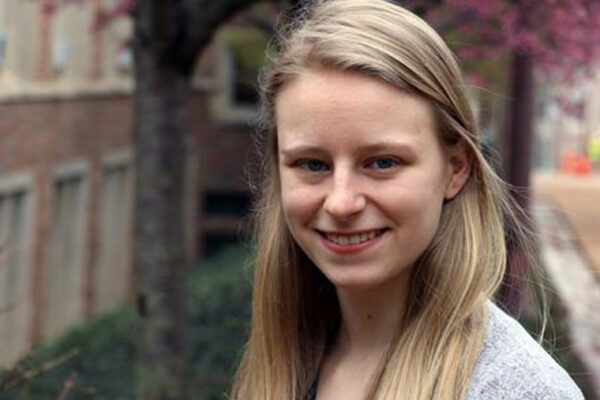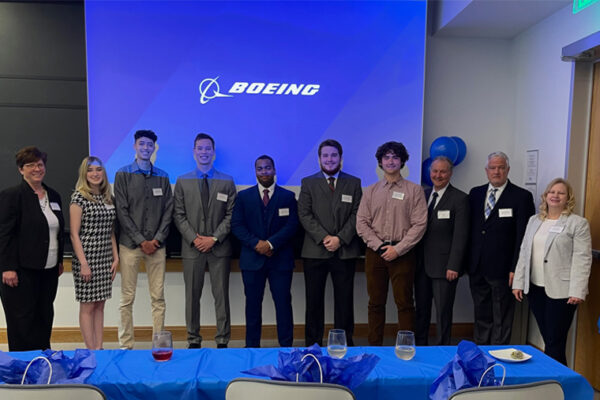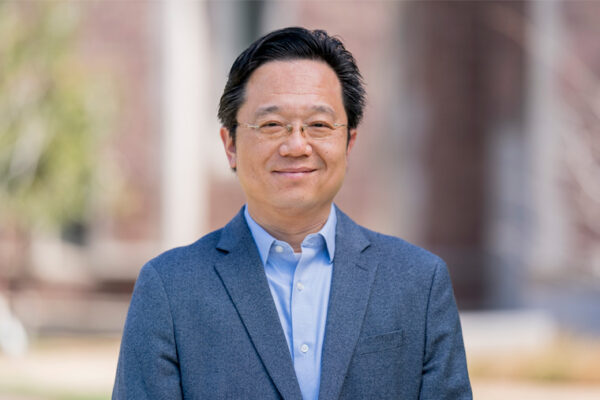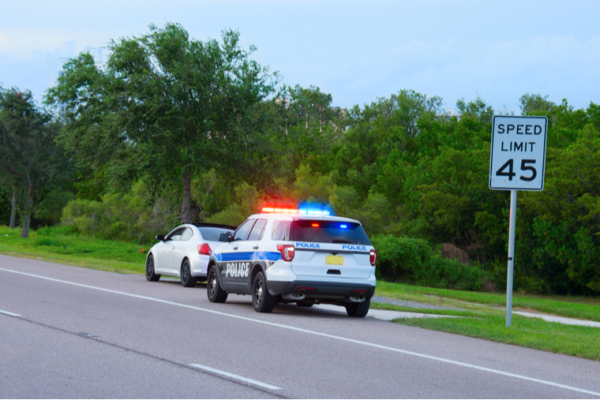Zhang lab takes on cyber-physical system hackers
Research from the lab of Ning Zhang at the McKelvey School of Engineering shows a new way to keep people safe when a hacker attacks.
The space between us
Arts & Sciences biologists from the lab of Jonathan Myers determined that tree beta diversity — a measure of site-to-site variation in the composition of species present within a given area — matters more for the ecosystem than other components of biodiversity at larger scales.
Protein delivery may help treat diabetic limb problems
A $2.3 million National Institutes of Health (NIH) grant will fund Jianjun Guan and Fuzhong Zhang’s effort to develop and deliver therapeutic proteins to help treat injured limbs.
Lew lab sheds new light on cell membranes
Researchers in the Lew lab in the McKelvey School of Engineering are using light in novel ways to better image biological samples.
Yang wins German research award
The McKelvey School of Engineering’s Lan Yang has been selected to receive the Friedrich Wilhelm Bessel Research Award. Given by the Alexander von Humboldt Foundation, the award recognizes distinguished scientists in any discipline.
Walker wins Quantrano Prize, other honors
McKelvey School of Engineering undergraduate student Caitlind Walker has received several prizes, including the 2022 Ralph S. Quatrano Prize.
Engineering students chosen for Boeing leadership program
Seven students from the McKelvey School of Engineering have been selected for paid internships as part of Boeing Co.’s new Accelerated Leadership Program.
When more complex is simpler
A new modeling framework proposed by physicist Mikhail Tikhonov in Arts & Sciences demonstrates how a more complex microbial ecosystem can be more coarse-grainable, making it potentially easier for scientists to understand, than one with only a few microbes interacting.
Lu wins award for most influential paper in real-time systems
Chenyang Lu, the Fullgraf Professor at the McKelvey School of Engineering at Washington University in St. Louis and a preeminent expert in cyber-physical systems, and his co-authors received the 2021 IEEE Real-Time and Embedded Technology and Applications Symposium (RTAS) Influential Paper Award.
Demographics, not bias, best predict traffic stops
New research from the lab of psychologist Calvin Lai in Arts & Sciences shows that the racial demographics of a county, more than other factors, help predict discrepancies when it comes to who gets pulled over by police.
Older Stories

